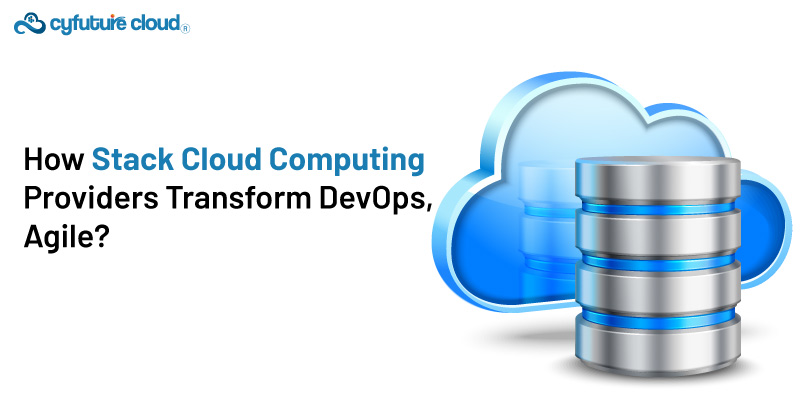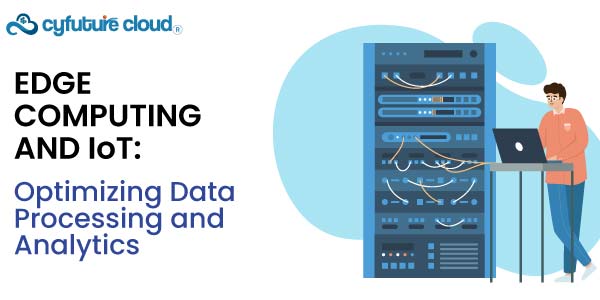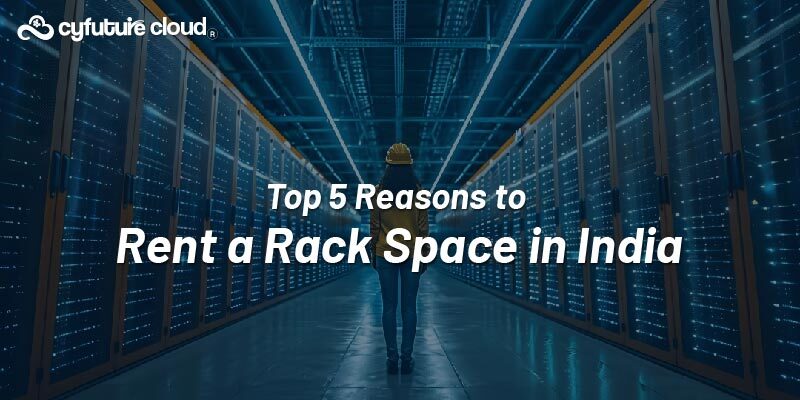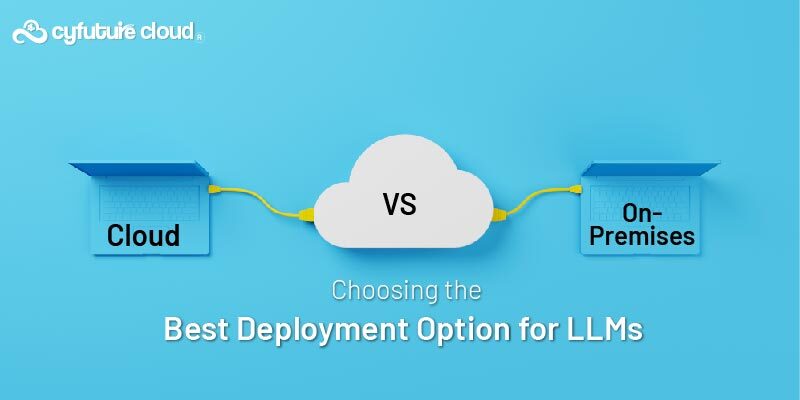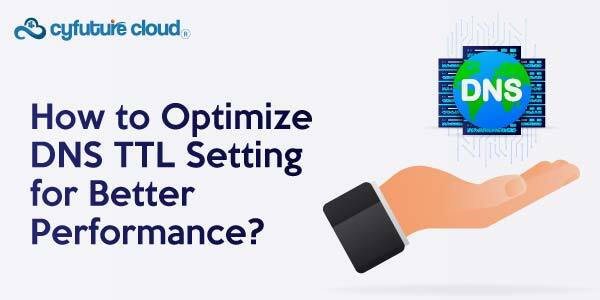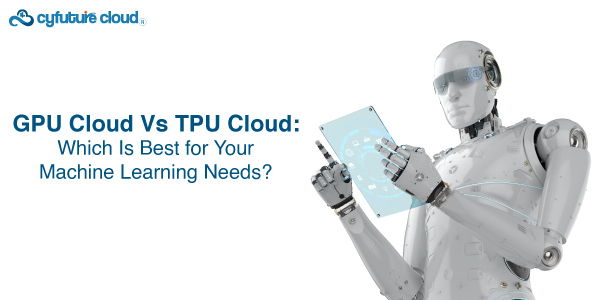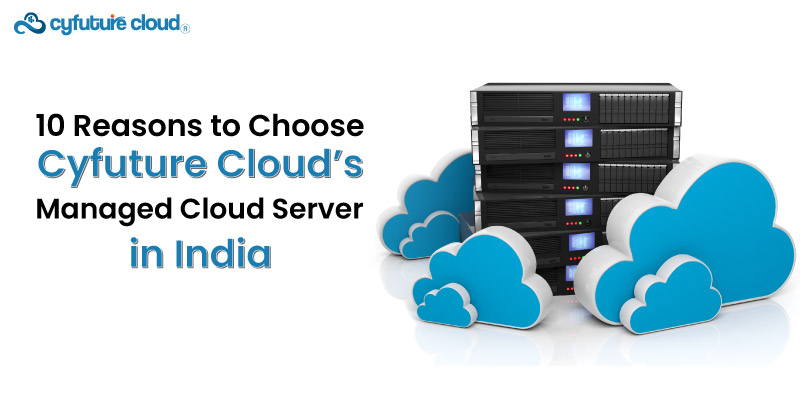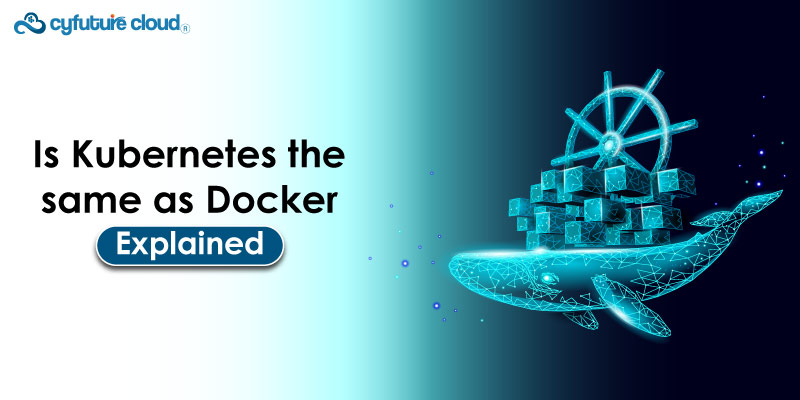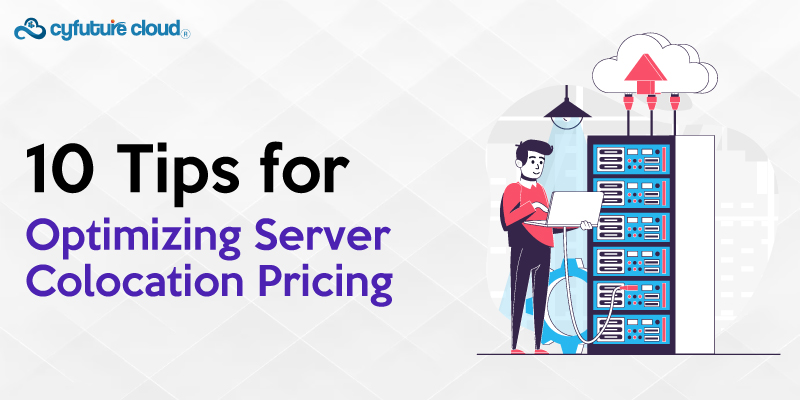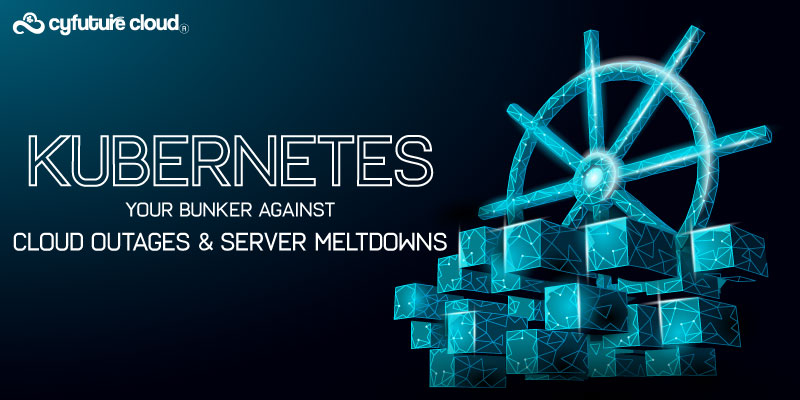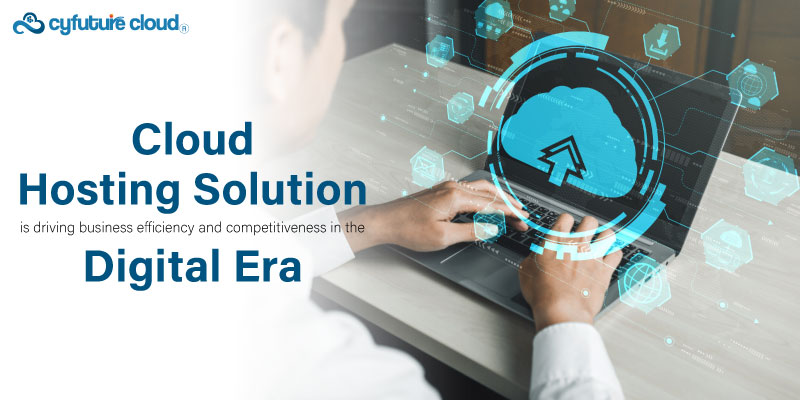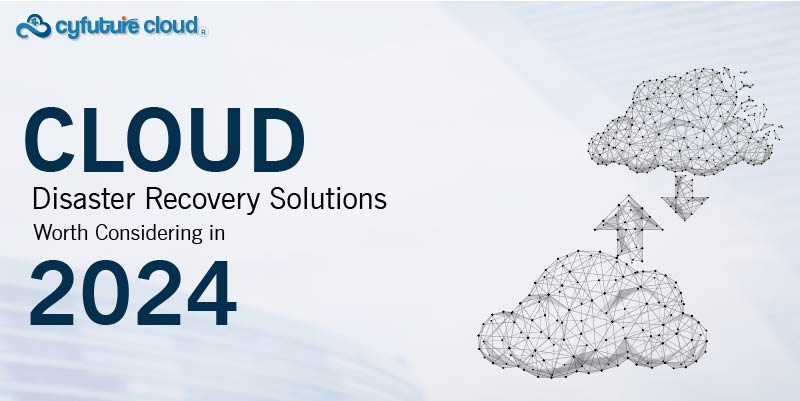Table of Contents
Cloud computing is a model for delivering information technology services in which resources, such as storage, computing power, and applications, are delivered over the internet on a pay-as-you-go basis. This allows businesses and individuals to access these resources without having to invest in and maintain the underlying infrastructure.
Automated reasoning systems, also known as expert systems, are becoming increasingly important in various industries such as healthcare, finance, and manufacturing. These systems are able to process large amounts of data and make decisions based on that data, which can help improve efficiency and accuracy in these industries.
Cloud computing is enabling the infrastructure needed to run these automated reasoning systems by providing access to powerful computing resources and storage at a lower cost. This allows organizations to scale up and down their resources as needed, without having to invest in expensive equipment and infrastructure. Additionally, cloud-based automated reasoning systems can be accessed from anywhere with an internet connection, making them more flexible and accessible to a wider range of users.
According to Gartner, the global public cloud services market is projected to grow from $229 billion in 2019 to $304 billion in 2022, at a compound annual growth rate (CAGR) of 11.2%. Additionally, the market for expert systems is expected to grow from $1.4 billion in 2020 to $3.9 billion by 2025, at a CAGR of 22.5%. These numbers demonstrate the increasing importance of both cloud computing and automated reasoning systems in today’s economy.
Benefits of Using Cloud Computing for Automated Reasoning Systems
Cloud computing offers many benefits when it comes to using automated reasoning systems. One of the main advantages is the ability to scale resources up or down as needed, providing the flexibility to handle varying workloads. This can be especially beneficial for businesses that experience seasonal fluctuations in demand or need to handle large amounts of data.
Another key benefit of using cloud computing for automated reasoning systems is cost savings. Organizations can avoid the high costs of investing in and maintaining expensive infrastructure and equipment by using cloud-based services on a pay-as-you-go basis. This allows businesses to focus on their core operations and reduce their IT costs.
Cloud computing also enables access to advanced technologies such as machine learning and artificial intelligence, which can be used to improve the performance and accuracy of automated reasoning systems. Additionally, cloud-based systems can be accessed from anywhere with an internet connection, allowing for improved collaboration and data sharing among teams and organizations.
According to a survey by RightScale, 72% of companies reported that the use of cloud computing for automated reasoning systems has resulted in significant cost savings. Furthermore, a study by MarketsandMarkets predicts that the cloud AI market is expected to grow from $2.95 billion in 2018 to $31.74 billion by 2023, at a CAGR of 52.1%. These numbers demonstrate the increasing adoption of cloud computing for automated reasoning systems and the potential benefits it can bring to organizations.
Examples of Automated Reasoning Systems Running on Cloud Infrastructure
Automated reasoning systems are being used in a variety of industries to improve efficiency, accuracy and decision making. One of the most notable industries is healthcare, where automated reasoning systems are being used for medical diagnosis and treatment planning. These systems can process large amounts of patient data and provide doctors with accurate and timely diagnoses, which can lead to better patient outcomes.
Another industry where automated reasoning systems are being used is finance, specifically for fraud detection and risk management. These systems can process large amounts of financial data and identify fraudulent activity, which can help financial institutions reduce their losses and improve security.
In retail, automated reasoning systems are being used for supply chain optimization and inventory management. These systems can process data on customer demand, supplier lead times, and inventory levels to optimize inventory management and improve supply chain efficiency. This can help retailers reduce costs and improve customer service by ensuring that products are always in stock.
According to a study by MarketsandMarkets, the healthcare AI market is expected to grow from $2.1 billion in 2018 to $36.1 billion by 2025, at a CAGR of 42.2%. Furthermore, a study by MarketsandMarkets predicts that the fraud detection and prevention market is expected to grow from $15.4 billion in 2020 to $38.5 billion by 2025, at a CAGR of 20.2%. These numbers demonstrate the increasing adoption of automated reasoning systems in these industries and the potential benefits they can bring.
Challenges and Considerations
While cloud computing and automated reasoning systems offer many benefits, there are also some challenges and considerations that organizations need to keep in mind. One of the main concerns is security and data privacy. Automated reasoning systems process large amounts of sensitive data, and organizations need to ensure that this data is protected from unauthorized access and breaches.
Another important consideration is compliance with industry regulations. Automated reasoning systems are being used in a variety of industries such as healthcare and finance, and organizations need to ensure that their systems comply with the regulations specific to their industry.
Integration with existing systems is also a consideration for organizations that are looking to adopt cloud-based automated reasoning systems. These systems need to be able to integrate with the organization’s existing IT infrastructure and workflows in order to be effective.
Finally, organizations need to choose the right cloud provider when adopting cloud-based automated reasoning systems. They need to consider factors such as the provider’s security and compliance standards, service level agreements, and pricing.
According to a survey by RightScale, security and compliance (62%) and integration with existing systems (54%) were the most common challenges faced by companies when adopting cloud computing. Furthermore, a study by IDC Research predicted that the worldwide spending on cloud security will increase from $10.7 billion in 2019 to $17.7 billion in 2022, at a CAGR of 11.9%. These numbers demonstrate the importance of addressing these challenges and considerations to ensure the success of automated reasoning systems running on cloud infrastructure.
Summing Up
In conclusion, cloud computing and automated reasoning systems are becoming increasingly important in today’s economy. Cloud computing provides the infrastructure needed to run automated reasoning systems, allowing organizations to scale resources up or down as needed and access advanced technologies at a lower cost. These systems are being used in a variety of industries such as healthcare, finance, and retail to improve efficiency, accuracy, and decision making. However, it is important for organizations to consider challenges such as security, compliance, and integration when implementing these systems on the cloud. By addressing these challenges and considerations, organizations can ensure the success of their automated reasoning systems on cloud infrastructure.
Send this to a friend

 Server Colocation
Server Colocation CDN Network
CDN Network Linux Cloud Hosting
Linux Cloud Hosting Kubernetes
Kubernetes Pricing Calculator
Pricing Calculator
 Power
Power
 Utilities
Utilities VMware Private Cloud
VMware Private Cloud VMware on AWS
VMware on AWS VMware on Azure
VMware on Azure Service Level Agreement
Service Level Agreement 